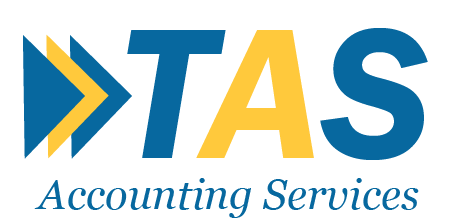Benefits of Properly Managing Changes in Directors or Secretaries
For professional assistance with managing changes in directorship or secretarial roles, contact TAS Consulting Limited today!
Features and Benefits of Properly Managing Director or Secretary Changes
Comprehensive Guidance
A structured process ensures that all aspects of a change in director or secretary are addressed, from initial board discussions to updating statutory records and informing stakeholders.
Detailed Documentation
Maintaining detailed minutes of meetings and corresponding records supports compliance and serves as a valuable reference for future governance decisions.
Accurate Filing and Timely Submission
Ensuring accurate completion and prompt filing of Form B10 with the CRO avoids potential penalties, delays, or legal complications.
Stakeholder Communication
Clear and timely communication with stakeholders—such as shareholders, auditors, and employees—prevents misunderstandings and builds trust within the organisation.
Professional Expertise
Engaging experienced consultants like TAS Consulting Limited provides peace of mind, as professionals handle the process meticulously, reducing risks of errors and ensuring full compliance.
By leveraging these features, your company can efficiently navigate changes, ensuring legal compliance and operational stability while strengthening stakeholder confidence.












